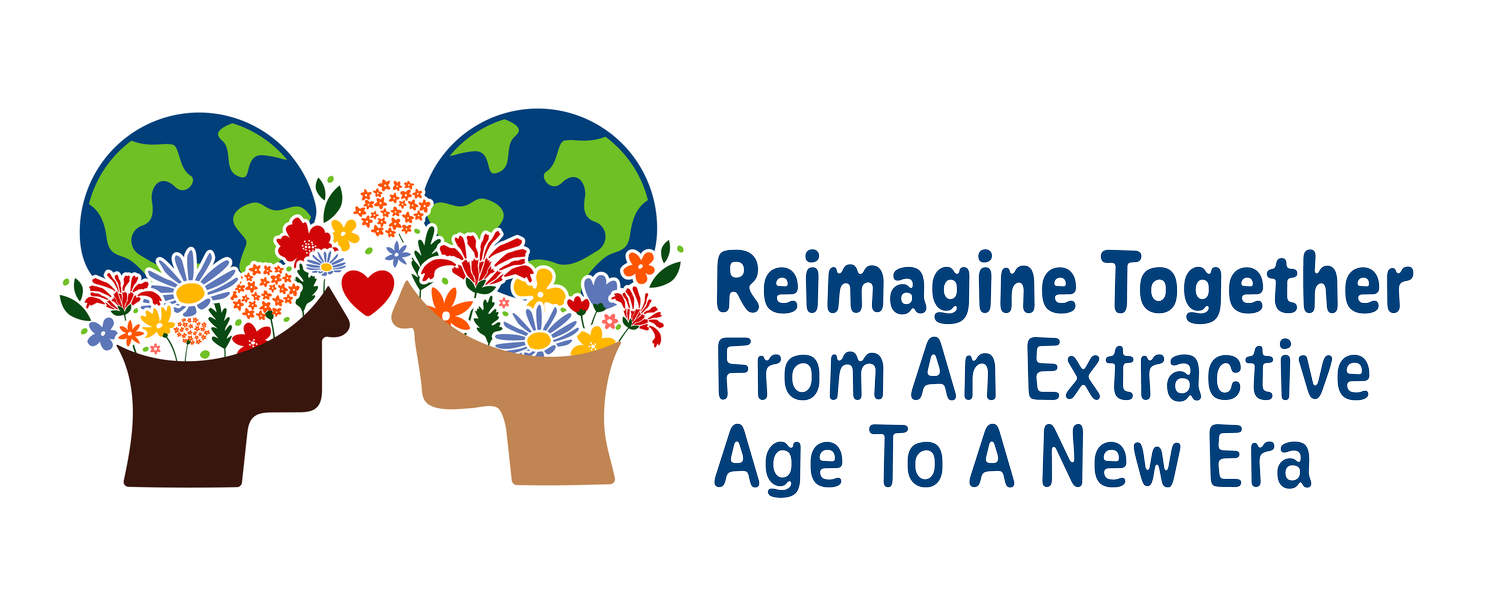Reviving the Spirit with the UU Church of Chattanooga
Chattanooga’s inclusive liberal religious community does its part for climate justice.
By Josh Leach
If you’re driving through the American South this September, you might see more than one sign for a “Revival.” If you park your car outside the tent and head inside, you might be asked at the door: “Do you have the spirit?” “Have you been washed in the blood?” “Have you received your Green Sanctuary accreditation yet—” Wait, what?
If you get that last question, chances are you’ve come not just to any Revival—but to the UU Climate Justice Revival.
“A Joyous Gathering”
As Sandra “Sandy” Kurtz of the UU Church of Chattanooga (UUCC) explains, the concept of a “Revival” is a powerful symbol in her part of the world. “In our ‘Bible Belt’ area of the planet,” she notes, “a ‘Revival’ speaks to a joyous gathering.” She adds that this makes it a good way to draw people to the door who are looking to reawaken their spirits.
In other words, Revivals may not be the first thing most people associate with a progressive, non-creedal faith like Unitarian Universalism—but they are actually a powerful way to help energize the community and bring new faces to the climate movement. Sandy notes that the framing of a Revival also helps emphasize the moral dimension of the climate issue.
The Revival as a whole, she notes, “provides us an opportunity to join with others in our region to increase our knowledge and understandings about climate change and why it is important to take actions from a moral perspective.”
A Legacy of Green Leadership
Sandy’s congregation already has a strong foundation of climate leadership to build on. The UUChurch of Chattanooga has been a UUA-certified Green Sanctuary since 2007. They have worked to reduce the carbon footprint of their own physical spaces, as well as the larger world—including by placing solar panels on their roof.
Climate justice needs to happen at multiple levels, after all. It means reforming policy and social structures to build a sustainable, fossil fuel–free future with racial equity and collective liberation. But it also means working close to home—using renewable resources in our own lives and leaving the space around us better than we found it.
Sandy describes the solar panels on the congregation’s roof, therefore, as more than an architectural feature—they are “a statement of justice.” As an expression of the same commitment, UUCC also maintains a small forest with native trees on the church’s property and has taken multiple steps to improve the building’s energy efficiency.
Climate Action at the Policy Level
Even as they are doing their part on the congregation’s own property to reduce their carbon footprint, they are also advocating for policy change at the state and local level to advance climate justice. Samdu notes that the congregation celebrates Earth Day each year; and every Monday, one can find members of the congregation holding signs for social justice.
UUCC is also a proud partner of Tennessee Interfaith Power and Light—a diverse network of faith communities committed to climate justice. Sandy leads the Chattanooga chapter of this statewide endeavor. Under her leadership, the chapter played a key role in formulating and implementing a new Climate Action plan for the city. As Sandy explains:
“After Mayor Tim Kelly was elected, he began the process to update an old climate action plan. [...] We persuaded the mayor to allow us to form a committee to give input on the plan and to help implement it. The Climate Action Plan was approved in 2023 by the City Council[.]”
This collaborative work to advance policy change for climate justice has put the congregation in touch with potential new allies for this effort—many of whom they now hope will join them for the Revival in September.
An Intersectional Effort
Just as the congregation recognizes that their work at the congregational level to reduce their carbon footprint is also connected to systemic change—they likewise acknowledge that the movement for climate justice is entwined with other justice struggles.
Being in right relationship with the land requires acknowledging the rights of its original inhabitants, for instance; and UUCC strives to live into this commitment. As Sandy notes, one of the first things that greets a newcomer to the congregation is a prominent land acknowledgement, recognizing the Yuchi, Muskogee, and Cherokee peoples.
Are You Feeling the Spirit Too?
Are you inspired by the UUCC’s example? Do you have stories of your own to share about your congregation’s climate justice commitments? It’s not too late to get involved! You can sign up as a congregational sponsor of the event to amplify your voice for climate justice. Add your congregation’s name today and help make this Revival a “joyous gathering” for the ages!

